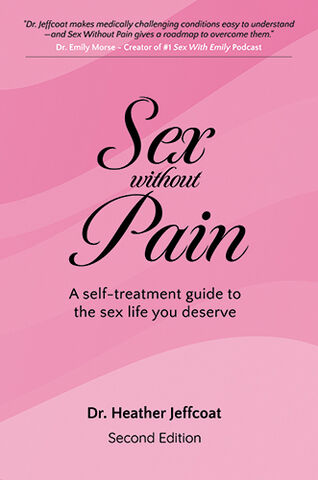Search For Pelvic Floor Treatments, Physical Therapy, and More
Assuming constipation is required, the following 87 results were found.

or feces), prolapse, increased urinary urge, pelvic pain (possibly associated with polycystic ovarian syndrome or PCOS), constipation, and sexual dysfunction. Sometimes suffering from anorexia nervosa can affect hormone levels and in this case, it often...
- Type: Article
- Author: Staff
- Category: Blog

also weaken the bladder muscle if you are not filling the bladder to its capacity. Staying hydrated also helps manage constipation. The goal is to achieve at least ½ of your body weight in ounces (For example, someone who is 150 pounds should strive to...
- Type: Article
- Author: Staff
- Category: Blog
that we really don't talk about enough... Pooping! If it makes you feel any better, according to the article, "Constipation is the most common gastrointestinal complaint, leading to 2.5 million doctor visits a year." And to keep in line with the...
- Type: Article
- Author: Heather Jeffcoat, DPT
- Category: Huffington Post
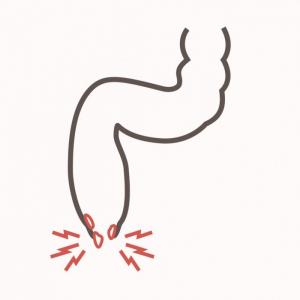
anus About 75% of adults in America will have hemorrhoids at some point in their lives. Causes of hemorrhoids Chronic constipation or diarrhea History of straining during bowel movements Poor diet, especially one low in fiber Dehydration Sedentary...
- Type: Article
- Author: Staff
- Category: Blog

Fecal / Bowel Incontinence ; Accidental Bowel Leakage Painful bowel movements Irritable bowel syndrome (IBS) Constipation Painful Intercourse: Vaginismus / Genito-Pelvic Penetration disorder Vulvodynia Vulvar vestibulitis Vestibulodynia Unprovoked and...
- Type: Article
- Author: Staff
- Category: Blog
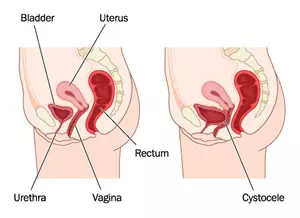
depend somewhat on which organ is in descent. If the bladder prolapses, urine leakage may occur. If it's the rectum, constipation and uncomfortable intercourse often occur. A backache as well as uncomfortable intercourse often accompanies small...
- Type: Article
- Author: Staff
- Category: Blog
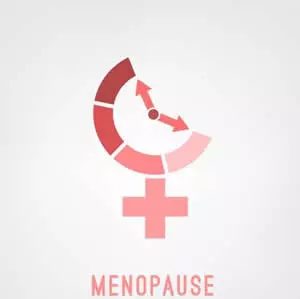
Menopause and Pelvic Healthhttps://feminapt.com/blog/menopause-and-pelvic-health
orthopedic dysfunction, vulvodynia, pelvic organ prolapse, urinary incontinence, and bowel issues including chronic constipation and IBS. An existing pelvic floor issue with some menopause sprinkled on top can contribute to aggravated symptoms and...
- Type: Article
- Author: Staff
- Category: Blog
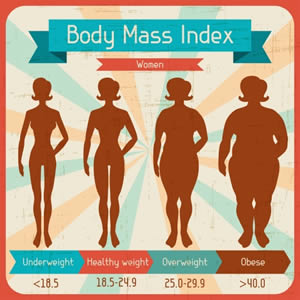
2009). Smokers are also likely to have a chronic cough which can create more pressure on the bladder and pelvic floor. Constipation. As we’ve written about in the past, straining with bowel movements can damage the pelvic floor. Exercising, drinking...
- Type: Article
- Author: Staff
- Category: Blog
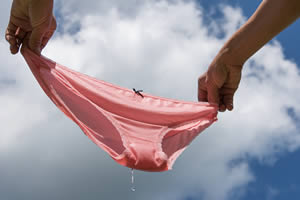
2009). Smokers are also likely to have a chronic cough which can create more pressure on the bladder and pelvic floor. Constipation. As we’ve written about in the past, straining with bowel movements can damage the pelvic floor. Exercising, drinking...
- Type: Article
- Author: Staff
- Category: Blog

Team is Best for Treating Bloating and Abdominal Distension Bloating, abdominal distension, loose stools, constipation, abdominal or pelvic pain, fatigue, brain fog, weakness, nutritional deficiencies… these symptoms may be caused by a variety of...
- Type: Article
- Author: Kasia Gondek, PT, DPT, CLT, CSCS
- Category: Blog










